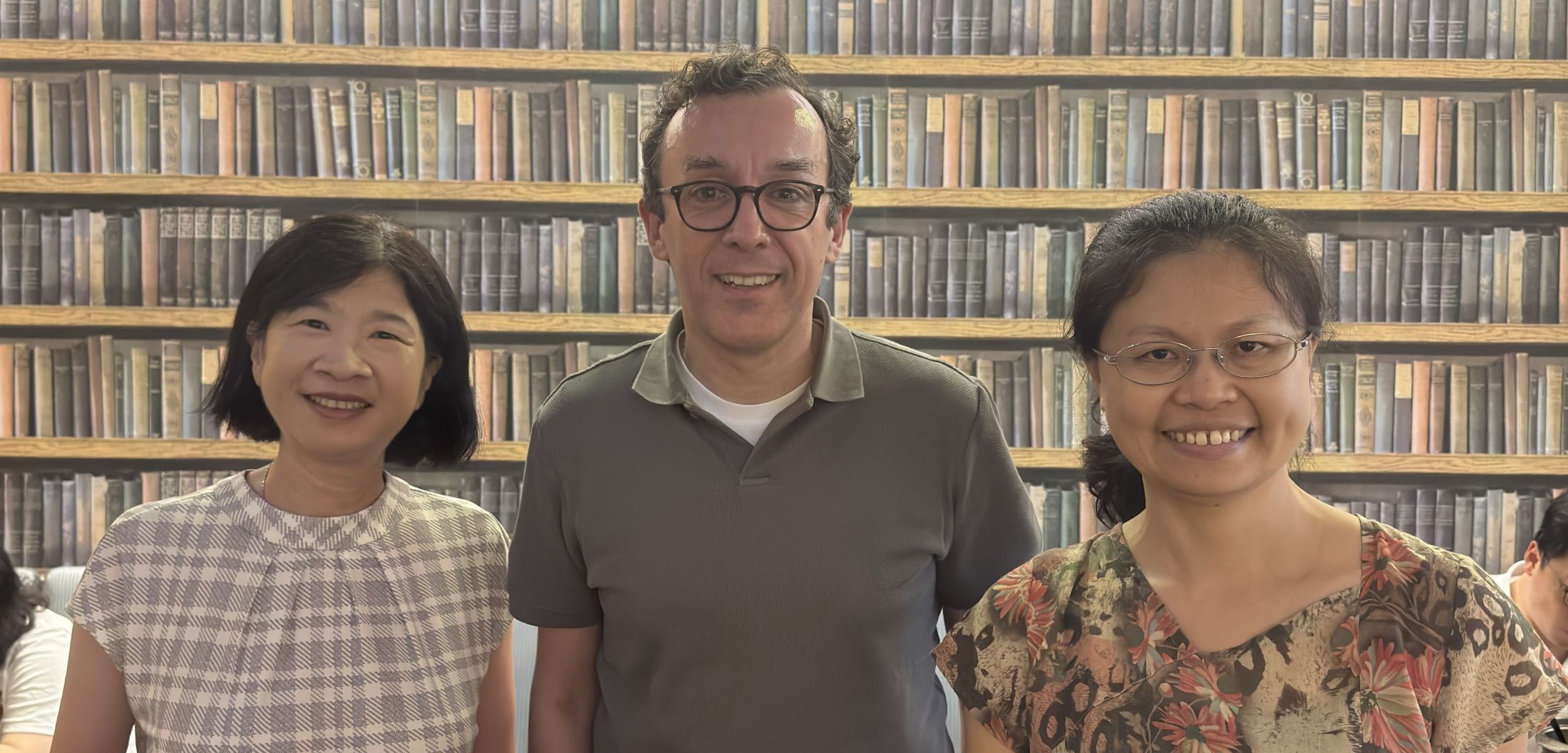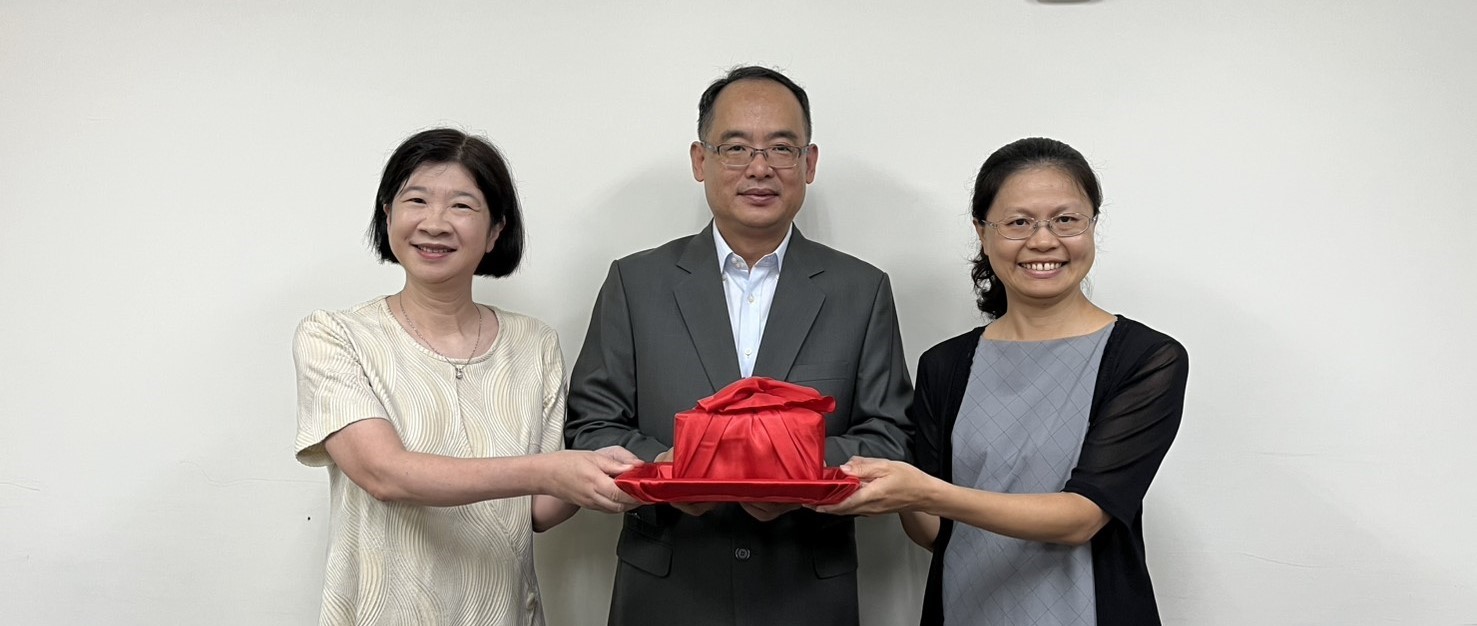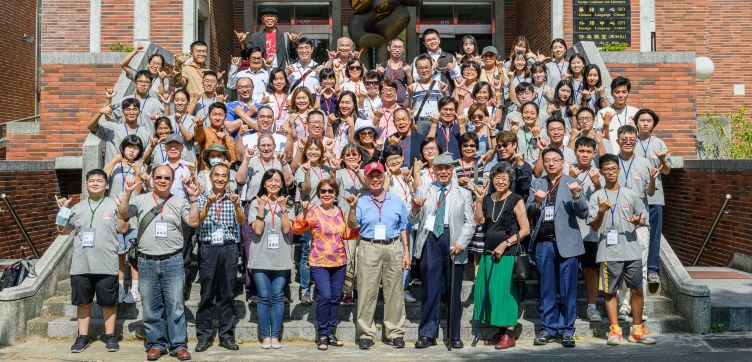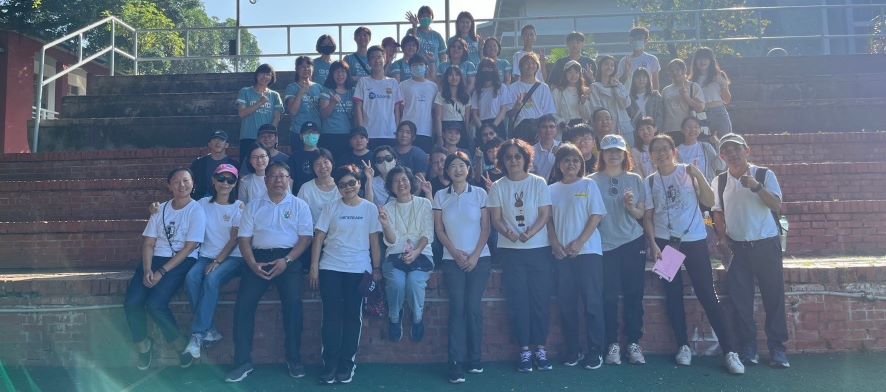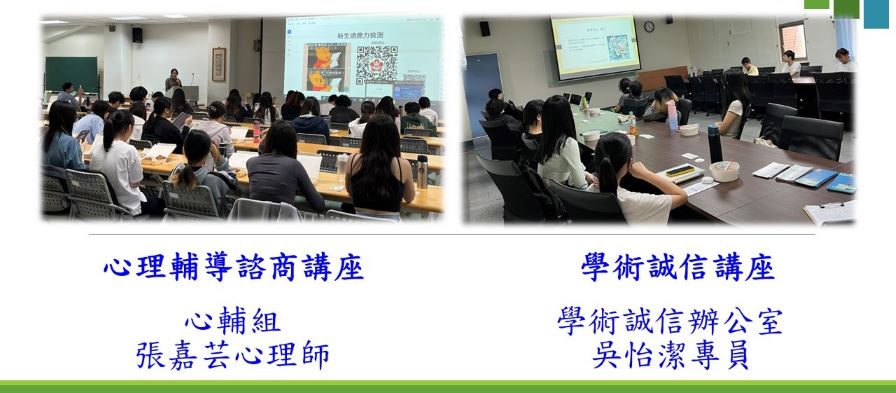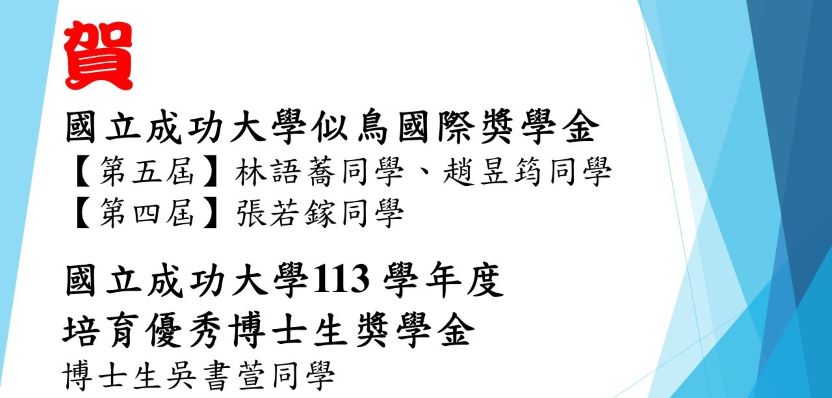【CFP】Environmentalism of the Vulnerable / CJD Project
CALL FOR PAPERS|徵稿啟事
Environmentalism of the Vulnerable 弱勢者的環境主義
Conflict, Justice, Decolonization: Critical Studies of Inter-Asian Societies
衝突、正義與解殖:亞際社會批判研究計劃
https://cjdproject.web.nycu.edu.tw/
Dear colleagues,
We are pleased to invite you to submit your papers to Conflict, Justice, Decolonization – a student-led project that focuses on critical studies of inter-Asian societies.
The global environmental crisis poses one of humanity's greatest challenges. Climate change, natural disasters, and sustainability are interrelated and complex issues that are shaping the present world. The impacts of these issues are profound and far-reaching, particularly for marginalized and vulnerable communities, highlighting the concept of "environmentalism of the vulnerable". The phrase refers to the idea that environmental problems and their solutions should take into consideration the needs and perspectives of communities who are disproportionately affected by environmental degradation and natural disasters.
In recent years, the world has witnessed the devastating impacts of natural disasters such as earthquakes, hurricanes, floods, and droughts. For example, Hurricane Maria in Puerto Rico in 2017 had a devastating impact on the island, leaving a lasting legacy of poverty, displacement, and social inequality. Similarly, the 2017 wildfires in California had a devastating impact on communities, destroying homes and leaving many without access to essential resources. More recently, deadly earthquakes in Turkey and Syria killed more than 40,000 people (and counting), and have left millions injured, homeless, displaced, cold, hungry, and extremely vulnerable.
Climate change is also exacerbating existing social inequalities, leading to greater poverty and displacement for vulnerable communities. For example, low-lying island states such as Tuvalu, Kiribati, and the Maldives are facing rising sea levels, which are putting their communities and way of life at risk. In addition, communities in Africa and Asia, where agriculture is the main source of livelihood, are facing food insecurity as a result of changing weather patterns and increased frequency of droughts. Similarly, over-mining of river sand in the Mekong Delta regions in Vietnam and Cambodia have led to severe erosion, devastating inhabitants’ lives and agriculture.
In light of these pressing issues, it is crucial for social sciences to engage in research that explores the social dimensions of the environment, climate change, natural disasters, and sustainability. By doing so, we can gain a deeper understanding of the complex and interconnected issues that are shaping our world, and work towards creating more equitable and sustainable communities.
Potential research topics include but not limited to:
Climate justice and environmental inequality
Climate change adaptation and resilience in marginalized communities
The social and political impacts of natural disasters
The intersection of climate change and social inequality
Environmental governance and political ecology
Climate-induced migration and social change
Community-based adaptation to natural disasters
Environmental movements and activism
The politics of sustainability and environmental policy
Climate change and food security
Climate change and health
The impact of natural disasters on indigenous communities
The impact of natural disasters on urban communities
The intersection of climate change, natural disasters, and humanitarian aid
Environmental risk and perception
The impact of natural disasters on livelihoods and economies
The impact of natural disasters on cultural heritage and identity
We welcome contributions from multiple perspectives. Articles should be 2,000 - 3,000 words if written in English and 3,000 - 4,500 characters if written in Mandarin Chinese. We accept scholarly articles, conference reviews, interviews, photo essays, video essays, and book and film reviews. We welcome both single-authored and co-authored manuscripts.
How to Apply:
Interested contributors are requested to fill out the application form provided by CJD.
Link to the application form:
https://forms.gle/GGZnabG8436J6heS6
Manuscript Specifications:
The abstracts’ length should be 300 - 400 words for English papers and 450 - 600 characters for papers written in Mandarin. The deadline for abstract submission is April 15, 2023.
A FULL-TEXT ARTICLE IS NOT REQUIRED TO COMPLETE THE APPLICATION.
When submitting the completed manuscript, authors are expected to include two relevant images and their web links. One image will serve as a cover image and one as a body image.
NB: PLEASE ENSURE THAT IMAGES ARE COPYRIGHT FREE. We recommend searching for images on Flickr or other image depository sites. Please follow this link for an exemplary CJD article: shorturl.at/aGK25
Selected articles will be published on the CJD website (ISSN: 2709-5479) and in a special issue of our booklet (ISSN: 2709-7943). Authors of selected articles with a Taiwanese post office bank account will be awarded 4,000 NTD per article.
For any questions or inquiries, please visit https://cjdproject.web.nycu.edu.tw/ or contact us at iccs.cjdproject@gmail.com.
Environmentalism of the Vulnerable 弱勢者的環境主義
Conflict, Justice, Decolonization: Critical Studies of Inter-Asian Societies
衝突、正義與解殖:亞際社會批判研究計劃
https://cjdproject.web.nycu.edu.tw/
Dear colleagues,
We are pleased to invite you to submit your papers to Conflict, Justice, Decolonization – a student-led project that focuses on critical studies of inter-Asian societies.
The global environmental crisis poses one of humanity's greatest challenges. Climate change, natural disasters, and sustainability are interrelated and complex issues that are shaping the present world. The impacts of these issues are profound and far-reaching, particularly for marginalized and vulnerable communities, highlighting the concept of "environmentalism of the vulnerable". The phrase refers to the idea that environmental problems and their solutions should take into consideration the needs and perspectives of communities who are disproportionately affected by environmental degradation and natural disasters.
In recent years, the world has witnessed the devastating impacts of natural disasters such as earthquakes, hurricanes, floods, and droughts. For example, Hurricane Maria in Puerto Rico in 2017 had a devastating impact on the island, leaving a lasting legacy of poverty, displacement, and social inequality. Similarly, the 2017 wildfires in California had a devastating impact on communities, destroying homes and leaving many without access to essential resources. More recently, deadly earthquakes in Turkey and Syria killed more than 40,000 people (and counting), and have left millions injured, homeless, displaced, cold, hungry, and extremely vulnerable.
Climate change is also exacerbating existing social inequalities, leading to greater poverty and displacement for vulnerable communities. For example, low-lying island states such as Tuvalu, Kiribati, and the Maldives are facing rising sea levels, which are putting their communities and way of life at risk. In addition, communities in Africa and Asia, where agriculture is the main source of livelihood, are facing food insecurity as a result of changing weather patterns and increased frequency of droughts. Similarly, over-mining of river sand in the Mekong Delta regions in Vietnam and Cambodia have led to severe erosion, devastating inhabitants’ lives and agriculture.
In light of these pressing issues, it is crucial for social sciences to engage in research that explores the social dimensions of the environment, climate change, natural disasters, and sustainability. By doing so, we can gain a deeper understanding of the complex and interconnected issues that are shaping our world, and work towards creating more equitable and sustainable communities.
Potential research topics include but not limited to:
Climate justice and environmental inequality
Climate change adaptation and resilience in marginalized communities
The social and political impacts of natural disasters
The intersection of climate change and social inequality
Environmental governance and political ecology
Climate-induced migration and social change
Community-based adaptation to natural disasters
Environmental movements and activism
The politics of sustainability and environmental policy
Climate change and food security
Climate change and health
The impact of natural disasters on indigenous communities
The impact of natural disasters on urban communities
The intersection of climate change, natural disasters, and humanitarian aid
Environmental risk and perception
The impact of natural disasters on livelihoods and economies
The impact of natural disasters on cultural heritage and identity
We welcome contributions from multiple perspectives. Articles should be 2,000 - 3,000 words if written in English and 3,000 - 4,500 characters if written in Mandarin Chinese. We accept scholarly articles, conference reviews, interviews, photo essays, video essays, and book and film reviews. We welcome both single-authored and co-authored manuscripts.
How to Apply:
Interested contributors are requested to fill out the application form provided by CJD.
Link to the application form:
https://forms.gle/GGZnabG8436J6heS6
Manuscript Specifications:
The abstracts’ length should be 300 - 400 words for English papers and 450 - 600 characters for papers written in Mandarin. The deadline for abstract submission is April 15, 2023.
A FULL-TEXT ARTICLE IS NOT REQUIRED TO COMPLETE THE APPLICATION.
When submitting the completed manuscript, authors are expected to include two relevant images and their web links. One image will serve as a cover image and one as a body image.
NB: PLEASE ENSURE THAT IMAGES ARE COPYRIGHT FREE. We recommend searching for images on Flickr or other image depository sites. Please follow this link for an exemplary CJD article: shorturl.at/aGK25
Selected articles will be published on the CJD website (ISSN: 2709-5479) and in a special issue of our booklet (ISSN: 2709-7943). Authors of selected articles with a Taiwanese post office bank account will be awarded 4,000 NTD per article.
For any questions or inquiries, please visit https://cjdproject.web.nycu.edu.tw/ or contact us at iccs.cjdproject@gmail.com.
Click Num:
Share



